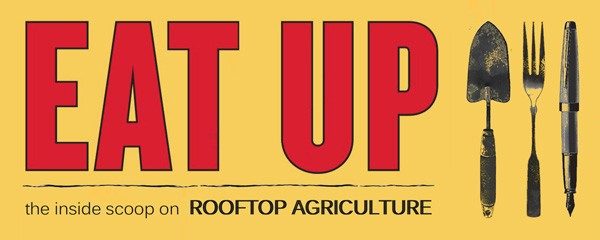open source seeding

Tomato seedlings at SHARE Food Program || photo by Lauren Mandel
Earlier this week a group of scientists and food activists launched a campaign to change how seeds are governed. Headed by University of Wisconsin vegetable breeder Irwin Goldman and sociologist Jack Kloppenburg, the Open Source Seed Initiative released 29 new crop varieties that are free for public use under the organization’s open source pledge.
If you’re viewing this post through Mozilla Firefox you’re taking advantage of “open source software,” software that’s created collaboratively for public use, modification, and sharing. Believe it or not, seeds used to work like this too. Farmers would breed crops for specific characteristics (like sweet fruit or rapid growth), collect the seeds, then share those seeds with other farmers. Each generation of seeds could be freely bred for new characteristics, therein diversifying the gene pool.
Within the past 20 years, this seed exchange has become jeopardized as farming giants and biotech companies such as Monsanto and Dupont Pioneer turned seed breeding into big business. Seeds developed by these companies are patented. Planting seeds collected from patented crops not only violates intellectual property rights, but may yield seedlings that differ from the original crop if the mother plants were hybrids. This culture of privatized genes means that large corporations control our access to crop varieties while restricting farmers’ ability to collect and breed plants freely.
The open source seeds released this week include new varieties of broccoli, kale and quinoa, among other crops. “These vegetables are part of our common cultural heritage,” Professor Goldman told University of Wisconsin-Madison News, “and our goal is to make sure these seeds remain in the public domain for people to use in the future.”
The Open Source Seed initiative is a critical step in reclaiming equitable access to our food system’s gene pool. Open source seeds will soon be available online through the organization’s website and heritage seed companies such as High Mowing Organic Seeds and Wild Garden Seed. Want to learn more? Listen to NPR’s April 18th coverage on open source seeding:
 EAT UP
EAT UP
This is truly an important step in reclaiming the healthy chacateristics of our food crops.